Common Appliance Myth Misconceptions
In the realm of appliance maintenance, it’s crucial to distinguish between facts and fallacies to ensure your repair and upkeep efforts are effective. Let’s explore and debunk some of the common appliance maintenance misconceptions that might mislead homeowners and DIY enthusiasts.
Misconceptions About Commercial Refrigerators
While the specifics of misconceptions about commercial refrigerators are not fully elaborated, it’s important to note that maintaining these refrigeration units requires specialized knowledge and attention. To ensure optimal performance and longevity of commercial refrigerators, it’s recommended to follow manufacturer guidelines and seek professional assistance when needed. For more tips on maintaining restaurant kitchen appliances, consider consulting resources like Hawkins Commercial.
Life Cycle Costing Myth
One prevalent myth in the realm of appliance maintenance is the misunderstanding surrounding life cycle costing. Contrary to the belief that life cycle costing overlooks environmental costs, this method actually aids in selecting the most economical and eco-friendly products for projects over time. It takes into account factors such as initial purchase price, usage costs, maintenance, and resale value of investments. To gain a deeper understanding of life cycle costing and its benefits, explore insights from experts at Schnackel.
Modern Appliance Longevity Myths
Price vs. Durability:
There is a common assumption that more expensive appliances inherently have a longer lifespan than their budget-friendly counterparts. While higher-priced appliances may feature higher-quality components and craftsmanship, there is no direct correlation between price and durability. Consumers are advised to shop wisely, considering not just the cost but the quality and features that align with their needs. For further information on appliance longevity, refer to insights from Sears Home Services.
Technological Advancements:
High-end appliances often incorporate advanced features and technology that enhance their overall lifespan and efficiency. Innovations such as electronic sensors that shut off unnecessary components can help reduce wear and tear on the appliance, contributing to its longevity. By staying informed about the latest technological advancements in appliances, homeowners can make informed decisions to prolong the lifespan of their devices.
Maintenance and Proper Usage:
The longevity of household appliances is not solely dictated by their price tag but also by proper maintenance and usage habits. Factors like household size, frequency of appliance use, and adherence to maintenance routines play a significant role in determining how long appliances last. By establishing consistent maintenance practices and using appliances according to manufacturer guidelines, homeowners can maximize the lifespan of their devices. For actionable tips on increasing the longevity of your appliances, consult resources like Sears Home Services.
By dispelling these appliance repair myths and misconceptions, you can approach appliance maintenance tasks with clarity and confidence, ensuring your repair strategies are well-informed and effective.
Practical Appliance Maintenance Tips
Whether you’re a homeowner or a DIY enthusiast tackling appliance repair, it’s crucial to debunk prevalent misconceptions that can mislead or complicate your repair efforts. By embracing accurate, practical advice, you can approach maintenance tasks with clarity and confidence, ensuring your repair strategies are effective and well-informed. This guide aims to enhance your understanding and equip you with the knowledge needed to maintain your household appliances effectively.
Maintaining Household Appliances
Taking care of your household appliances not only ensures their longevity but also enhances their efficiency. Here are some practical maintenance tips for common household appliances:
| Appliance | Maintenance Tips |
|---|---|
| Refrigerator | Regularly wipe down the gaskets and check for tears or cracks to prevent air leaks that affect food storage quality. Apply seal conditioner or petroleum jelly to keep gaskets supple. Clean dust and food debris behind the refrigerator to ensure proper airflow through the condenser coils. |
| Dishwasher | Check door gaskets for tears or loosening to prevent water leaks. Regularly inspect and unclog the filter underneath the bottom dish rack. Ensure the proper functionality of the detergent dispenser during the wash cycle. |
| Oven and Range | Check surface elements regularly, especially for smooth top ranges. Clean the oven regularly to facilitate easier cleaning processes. Promptly wipe up spilled food to prevent burning and use natural cleaning solutions effectively. |
| Countertop Appliances | Maintain blenders, coffee makers, and toasters using equal parts vinegar and water for restoration. Clean coffee makers with a water and Lemonade Kool-Aid mixture to dissolve buildup. Clean toaster exteriors with vinegar and check for removable trays to eliminate crumb build-up. |
It’s important to understand the difference between cleaning and maintaining appliances. Regular cleaning significantly extends the lifespan of appliances, underlining the significance of upkeep and proper functionality.
Debunking HVAC Misconceptions
In the realm of HVAC systems, it’s essential to address common misconceptions to ensure optimal operation and energy efficiency. Here are some HVAC misconceptions debunked:
- Leaving the AC Running All Day: Contrary to the belief that leaving the air conditioning running all day is more cost-effective, it’s actually more efficient to turn it off when not at home as modern AC units can quickly cool down a warm house once turned on.
- Extreme Thermostat Lowering: Lowering the thermostat to an extreme level does not cool the room faster; instead, it leads to increased energy consumption without immediate temperature relief (Dallas Heating & Air Conditioning).
- AC Unit Size: Larger AC units are not always better; oversized units can lead to inefficiencies, frequent cycling on and off, increased wear and tear, and uneven cooling. Correct sizing is essential for efficiency.
- Regular Maintenance: Even new AC units require maintenance for efficient operation, extended lifespan, and prevention of costly repairs. Routine maintenance is key for all HVAC systems, regardless of age.
- Closing Vents in Unused Rooms: Contrary to popular belief, closing vents in unused rooms disrupts the pressure balance in modern HVAC systems, causing inefficiencies, increased energy consumption, and potential system damage over time. It’s best to keep vents open to maintain system efficiency.
By equipping yourself with accurate information and practical appliance maintenance tips, you can upkeep your household appliances effectively, ensure their longevity, and debunk common misconceptions that may hinder your repair efforts.

